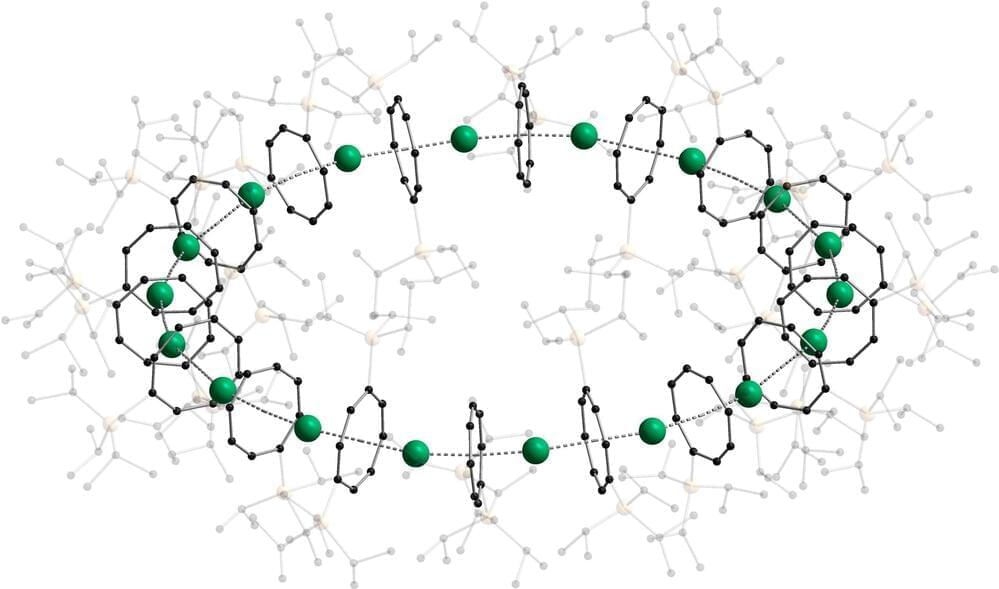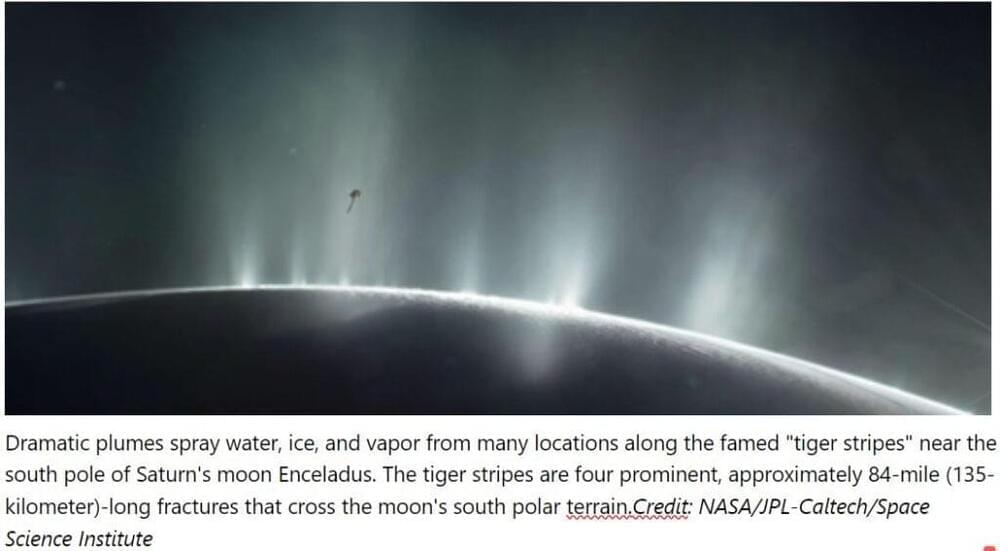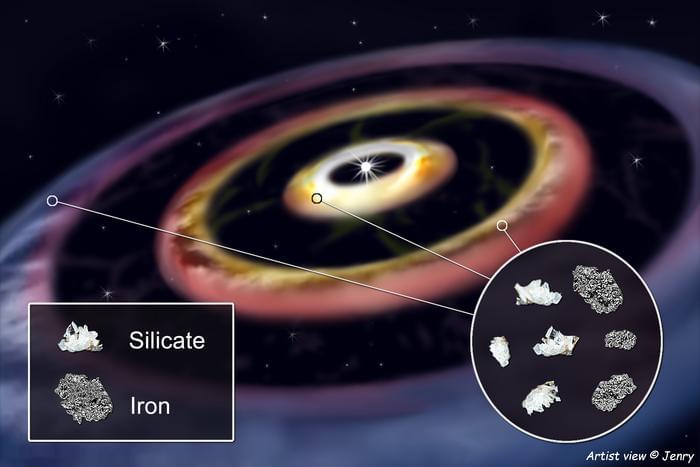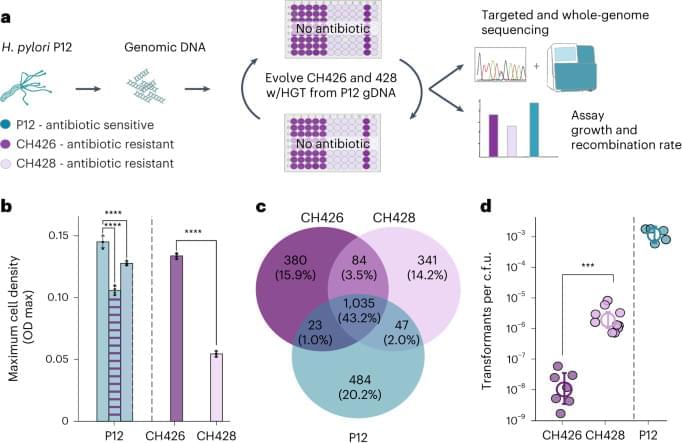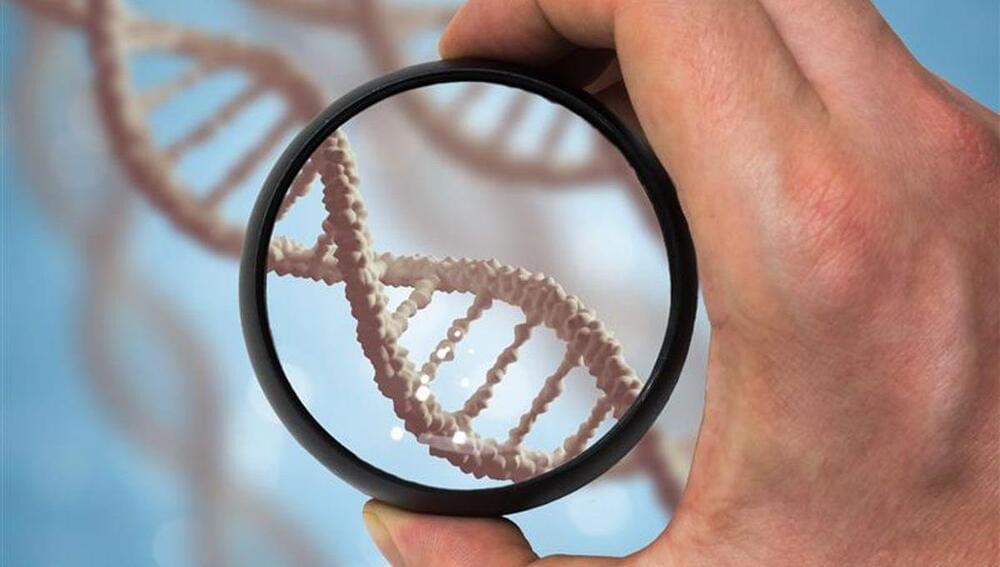New Compounds for Organometallic Chemistry – Sandwich Complexes in the Form of Rings Are Kept Together by Their Own Energy.
Sandwich compounds are special chemical compounds used as basic building blocks in organometallic chemistry. So far, their structure has always been linear. Recently, researchers of Karlsruhe Institute of Technology (KIT) and the University of Marburg were the first to make stacked sandwich complexes form a nano-sized ring. Physical and other properties of these cyclocene structures will now be further investigated.
Evolution of Sandwich Complexes.
